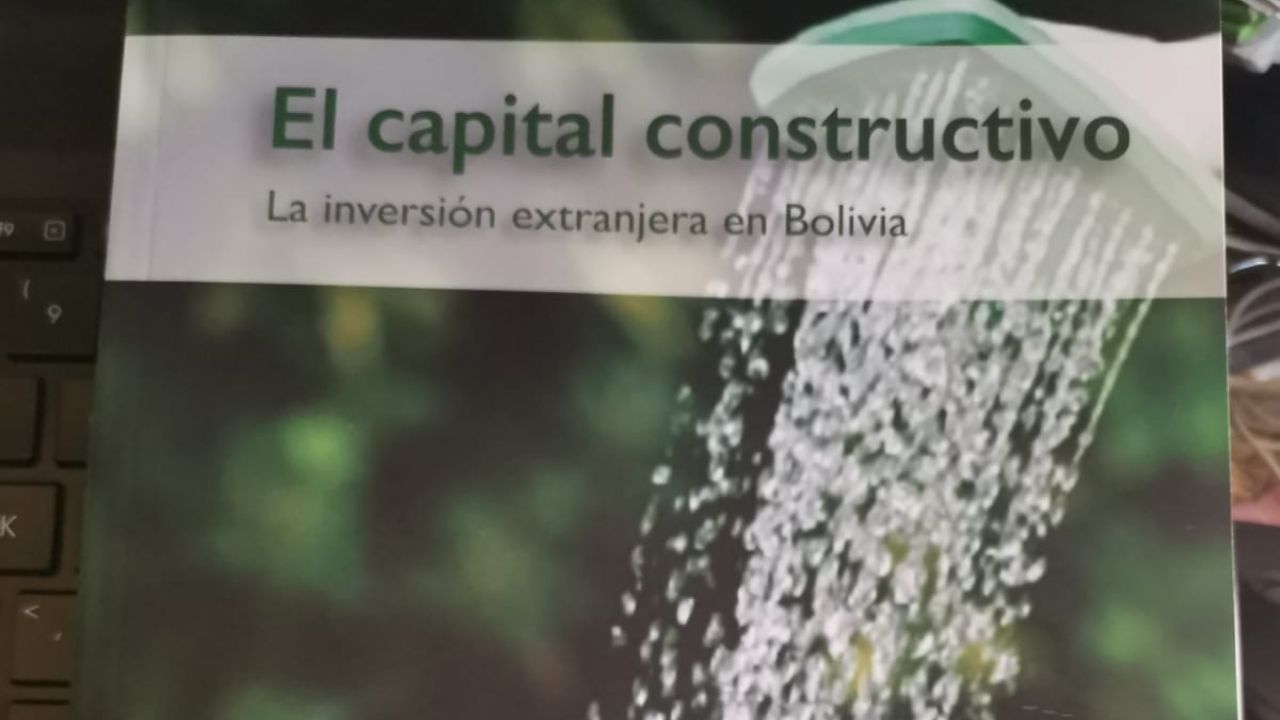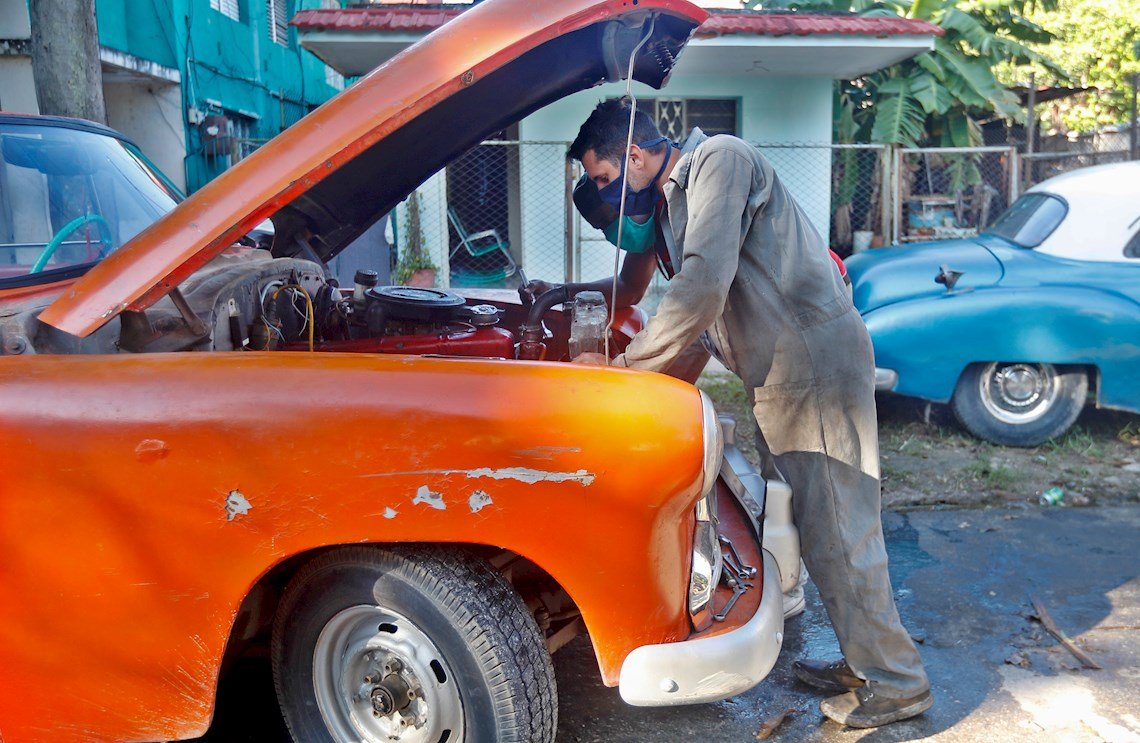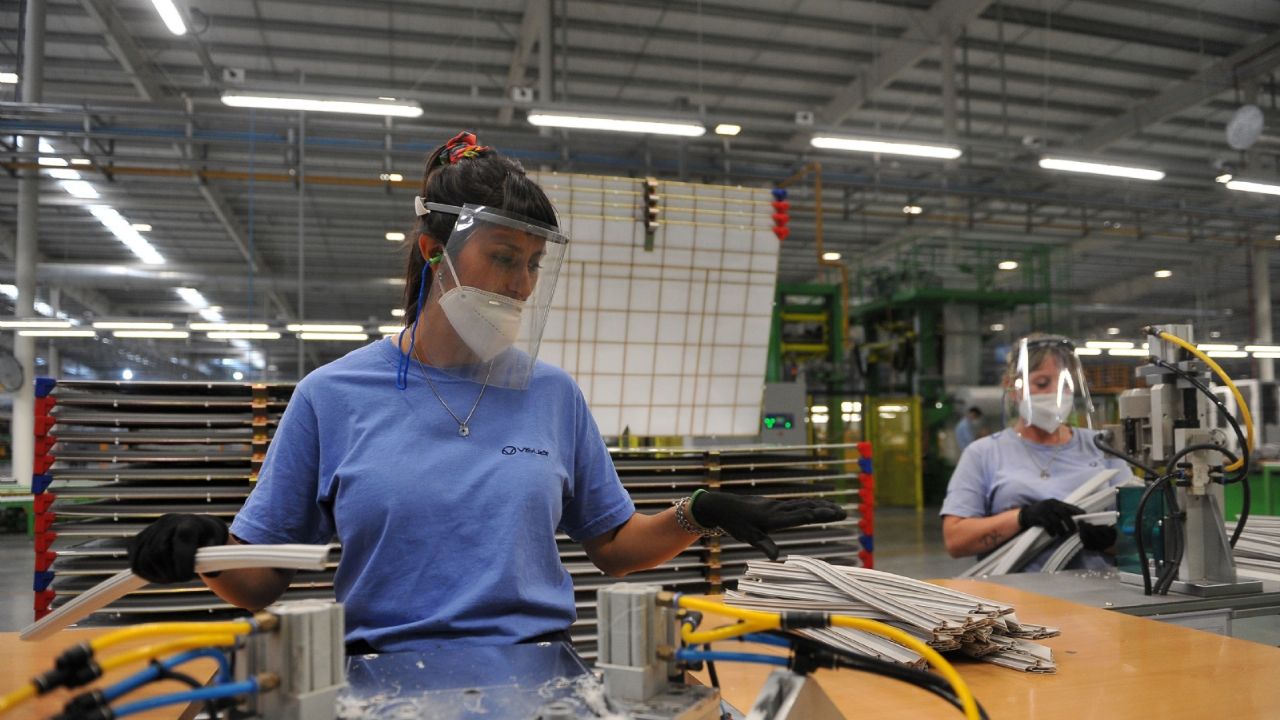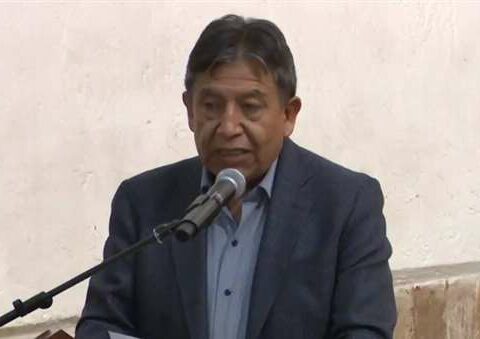Marco Belmonte / Page Seven Digital
A new study by the Millennium Foundation warns that Bolivia is lagging behind in Foreign Direct Investment in Latin America and suggests some urgent actions to attract capital again.
“Constructive Capital, foreign investment in Bolivia”, is the book published by the foundation with the contribution of researchers Henry Oporto as coordinator; Miguel Aguilar, Orlando Castellón, Pablo Mendieta, José Antonio Peres Velasco, Alfredo Seoane, Jaime Villalobos and Francesco Zaratti.
The data included in the book based on information from ECLAC reveal that from 2005 to 2010, Bolivia captured an average of 1,761 million dollars in FDI; from 2012 to 2017 another 5,069 million dollars, but from 2018 to 2020 there was a negative flow of -1,012 million dollars. This, unlike the millions of dollars of capital inflows that other countries in the region had,
Porto explained that the research attempts to document and examine the investments that stimulated the expansion and modernization of certain areas of the economy, as well as their multiplier effects in other sectors.
It also seeks to explain the regulatory, institutional and economic conditions within which these investments operate, sometimes to encourage them and others to suffocate them, in correlation with changes in the political scenario, in addition to drawing lessons from these experiences and nurturing the debate on actions that enable a flow to promote FDI, and a greater role for the private sector.
You can also read: They warn that lithium revenues are not enough to cover BCB credits
The concept of “constructive capital” alludes to the successful experiences of FDI in the Bolivian economy, which stand out for their qualities of integrity, transparency and respect for the law. Investments that carry good business practices and a genuine contribution to the socioeconomic and democratic development of Bolivia.
The cases of Minera San Cristóbal, Empresa Minera Paitití, Transredes, Cobee, Tigo, Alicorp and Gravetal, Cervecería Boliviana Nacional (CBN), Unilever, national and international investment legislation are taken as a study.
Constructive capital differs from “corrosive capital”, which refers to a certain practice of state contracting for public works, of companies linked to autocratic regimes, although not exclusively, according to the authors.
The book proposes to debate the change of the growth model, on two pillars: 1. Private investment as an engine of growth and diversification; 2. Productivity as the axis of productive transformation and increase in exports.
According to the study, the crisis exposed the limits and anachronism of the state capitalism model and warns that it is already financially unsustainable.
He argues that if constructive capital expands, Bolivia will be less dependent on political financing and less vulnerable to the dangers of corrosive capital.
In this way, the State will be able to focus on what people demand most: better health, quality education, citizen security, support for entrepreneurs, assistance to vulnerable groups.








